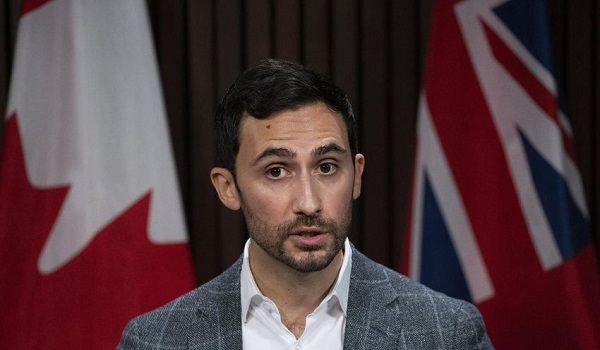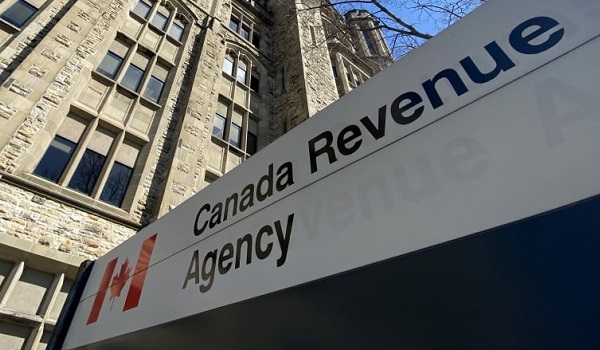Feds to exclude Canadians from underused housing tax filings, with one exception
In the latest twist around a new federal tax on foreign-owned underused and vacant homes, Ottawa is proposing to largely scrap filing requirements that would also affect many Canadian and permanent resident homeowners and some Canadian corporations. But the changes would only apply starting in 2023, excluding the year 2022, when the measure first came into effect.
The government presented the proposed amendments to the underused housing tax (UHT) in its 2023 fall economic statement on Tuesday. The filing exemption reflects changes sought by the Chartered Professional Accountants of Canada. The organization, which represents tax accountants at the national level, had warned the current design of the tax implied onerous obligations for many Canadian homeowners and certain Canadian corporations.
“We were very pleased,” said John Oakey, vice-president of taxation at CPA Canada, about the proposed revisions.
But the fact that the exemption would not extend to 2022 creates “uncertainty” for those Canadians who would be required to file for that year and for the tax professionals advising them, Mr. Oakey added.
The UHT imposes an annual levy of 1 per cent per year on residential real estate owned by foreign nationals that is deemed to be underused or vacant.
The measure, which Ottawa has said is intended to aid housing affordability, doesn’t generally impose a tax on domestic homeowners. But in its present form, it requires many Canadians who own homes through a trust or partnership to file a tax return. It also imposes filing obligations on some Canadian corporations. Under the current rules, failure to file on time – even if only to claim an exemption from the tax – can trigger penalties starting at $5,000 for each affected homeowner and $10,000 for corporations.
Now the federal government is proposing to exempt those Canadians, permanent residents and Canadian corporations from having to file, but only for 2023 and following years. The amendments would also lower minimum penalties to $1,000 for individuals and $2,000 for corporations, effective as of 2022.
As a result, filing would remain mandatory for Canadians who owned property through a trust or partnership as of the end of 2022, albeit with smaller penalties.
The government’s fall economic statement said it’s advancing the changes “in response to suggestions from Canadians about the implementation of the UHT” and “to help facilitate compliance.”
CPA Canada has warned that many Canadians affected by the UHT may not be aware of their duty to file because Ottawa has presented the tax as a measure aimed at foreign owners.
Complicating matters is also the issue that what constitutes a trust or partnership for the purposes of the UHT is “contingent on grey legal concepts that could require input from lawyers,” said Joseph Devaney, a CPA and director at financial education platform Video Tax News.
Many Canadian homeowners, especially those who don’t have access to sophisticated tax advice, may not realize they might be deemed to hold property through a trust or partnership, Mr. Oakey said.
For example, parents who co-signed a mortgage and were added to the title of an adult child’s home might be considered to hold the property through what is known as a bare trust. The arrangement is becoming increasingly common as a growing number of first-time homebuyers are forced to lean on their parents for help in qualifying for a mortgage amid high home prices and interest rates.
A similar issue can arise for Canadians who are on the title of their aging parent’s home, a set-up that can simplify the property transfers after the parents pass away.
Couples who jointly own property may also be subject to UHT filing obligations because in some cases they may be considered a partnership, legally defined as two or more people coming together in pursuit of profit.
“For 2022 the big issue is going to be those people that are not aware they need to file that still have to file,” Mr. Oakey said.
The legislation sets the deadline for each year’s filings as April 30 of the following year. However, the Canada Revenue Agency has twice used its administrative powers to waive penalties for 2022 filings. The agency initially waived penalties until Oct. 31 of this year. But in a last-minute decision on Oct. 31, it further pushed back that cutoff to April 30 of next year.
The deadline to file and pay the tax for the year 2023 is also April 30, 2024.
This article was reported by The Globe and Mail















